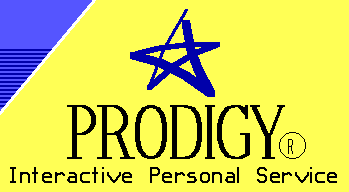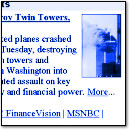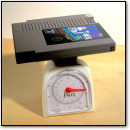Prodigy Reverse-Engineering Tools Released
Tuesday, June 6th, 2017After promising this for years, it’s time to finally release the Prodigy Preservation Project’s reverse-engineering tools. They’re not much, and they’re written in Python, but this code is the means by which I’ve been extracting fossilized Prodigy pages from STAGE.DAT files for the past few years.
I have been delaying announcing their availability because I was hoping Jim Carpenter, the author of these tools (and my partner on the Prodigy Preservation Project) would have more time to add more functionality and documentation, but he has not made any changes to the code since late 2015.
Yeah, I know that was almost two years ago. I’m sorry — things move slowly in ProdigyLand.
So here it is, everybody. Have at it. I hope you can help us improve them.
https://github.com/jim02762/prodigy-classic-tools
Just let me know what you find, and I’ll add it to my Flickr galleries.








